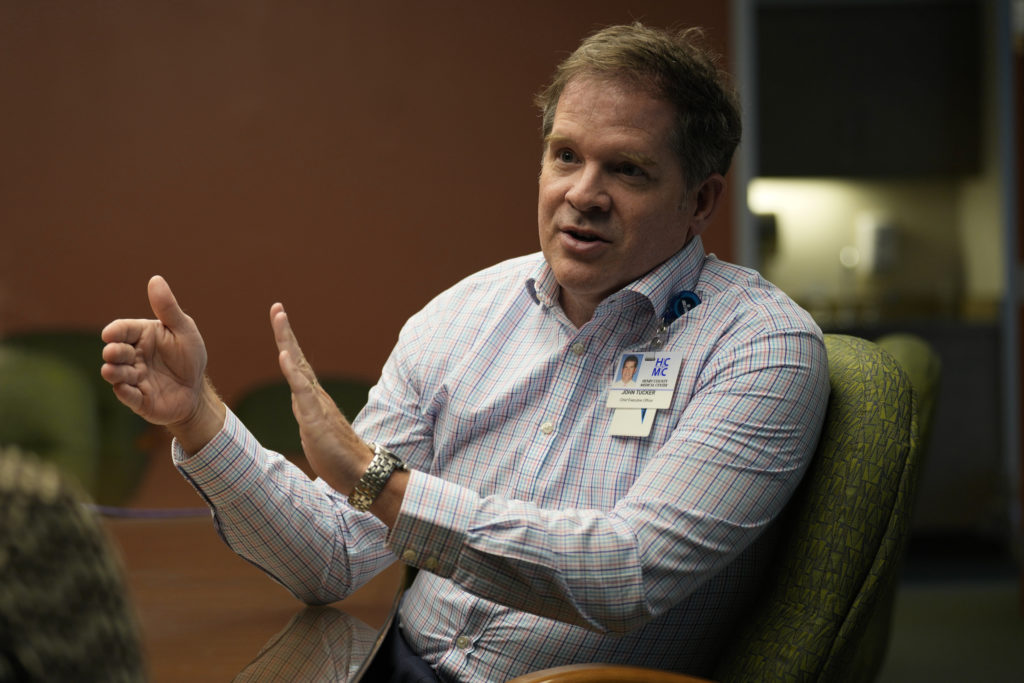CHATTANOOGA, TENN (mocsnews.com)– For pregnant women fighting through labor, no amount of packing and preparation can shorten a two-hour drive. Every second brings a contraction, reminding them of their newborn’s looming arrival—regardless of whether the parents reach a hospital in time.
More parents find themselves driving further for infant and delivery services as birthrates fall, insurance benefits stagnate, costs rise and legislation changes. According to the Associated Press, more than two million women of childbearing age live in “maternity care deserts,” which are mostly rural counties without hospitals or birth centers.
Even before labor, long distances can deter mothers from routine check-ups. Doctors and researchers find these conditions dangerous for mothers and babies during delivery.
“Moms have complications everywhere. Babies have complications everywhere,” said Dr. Eric Scott Palmer, a neonatologist who practiced at Henry County Medical Center in rural Tennessee before it ended obstetric services this month. “There will be people hurt. It’s not a question of if — simply when.”

Henry County Medical Center serves as one of the numerous examples of dwindling childbirth facilities. The American Hospital Association says at least 89 delivery units closed in rural hospitals between 2015 and 2019, primarily due to decreasing birth rates, staffing issues, low reimbursement from Medicaid, and financial distress
In addition to finding a local hospital, expecting parents also need to ensure that the hospital has a payment agreement with their insurance company, known as being “in-network.” Without insurance, the average cost of delivery soars from nearly $3,000 to almost $19,000.
Historically, birthing centers and midwives serviced rural or impoverished counties, but some pregnant women have developed preferences for them, especially with at-home births. The American Pregnancy Association finds that licensed “[midwives] often function as both a quality and economical option for birthing care.”
Facilities like the Farm Midwifery Center in Summertown, Tennessee, provide a range of services before, during and after delivery. There, midwives certified by the North American Registry of Midwives and State of Tennessee Division of Health Related Boards reports a 5.2% hospital transfer rate; in other words, 148 of their 2,844 guests experienced complications.

However, some states have introduced new rules—like requiring such services to be located within 30 minutes of a hospital—that make rural care virtually impossible. Alabama officials forced Dr. Heather Skane’s team at the Oasis Family Birthing Center in Birmingham to turn patients away.
State officials argue that “the inclusion of each requirement is considered necessary to ensure the health and safety of families seeking the services of a birthing center in this state.”
In Sumter County, certified professional midwife Stephanie Mitchell serves a region where people may drive a roundtrip of 75 or more miles to receive prenatal care.
“People shouldn’t be forced to go without pregnancy care,” said Mitchell. “Expanding access to midwifery and birth centers in places like Sumter County is a life and death situation for many families.”
 Mocs News Reporting the news that matters most to UTC
Mocs News Reporting the news that matters most to UTC




